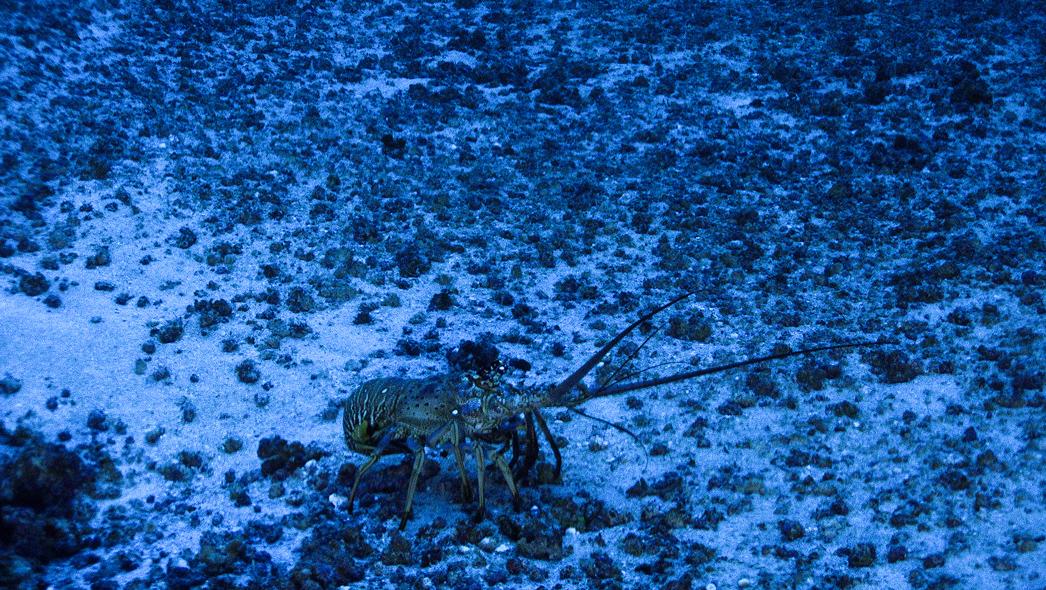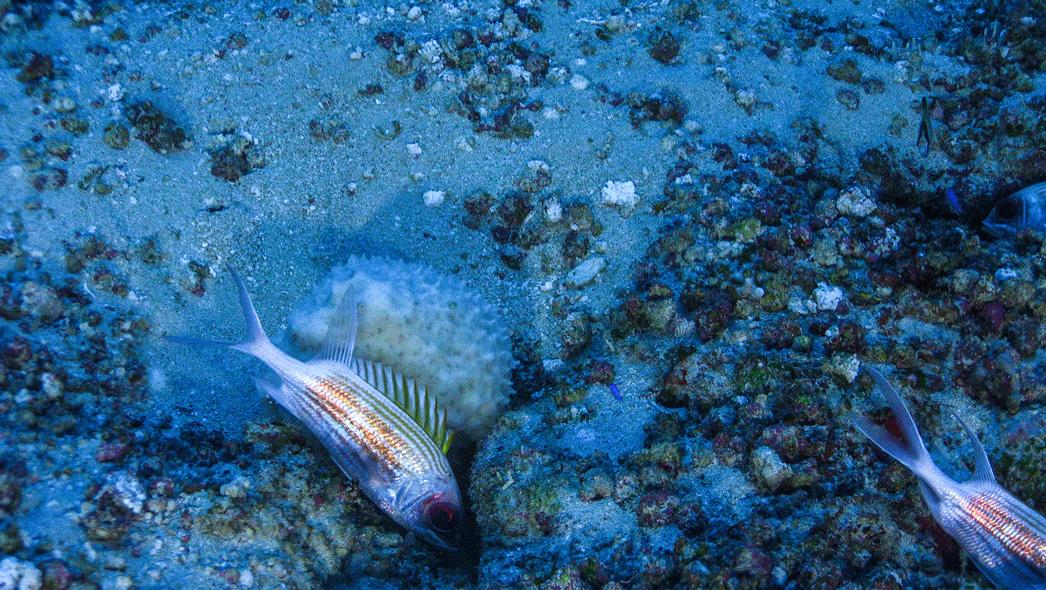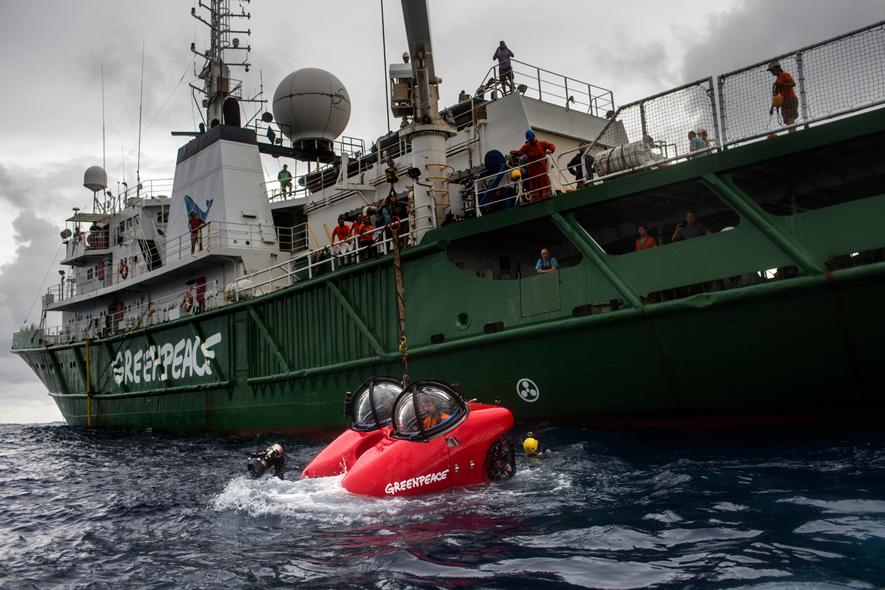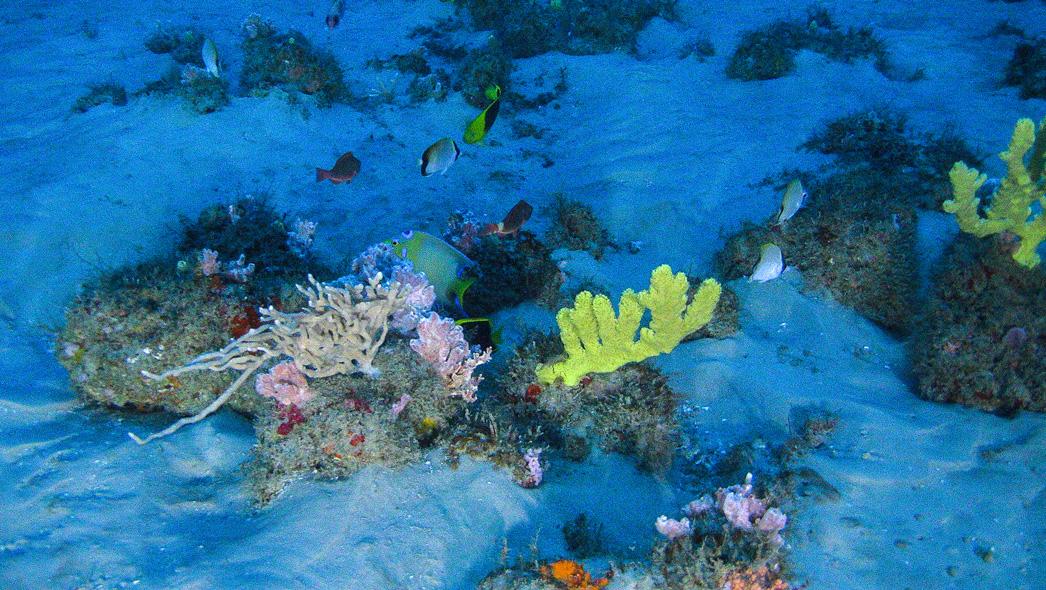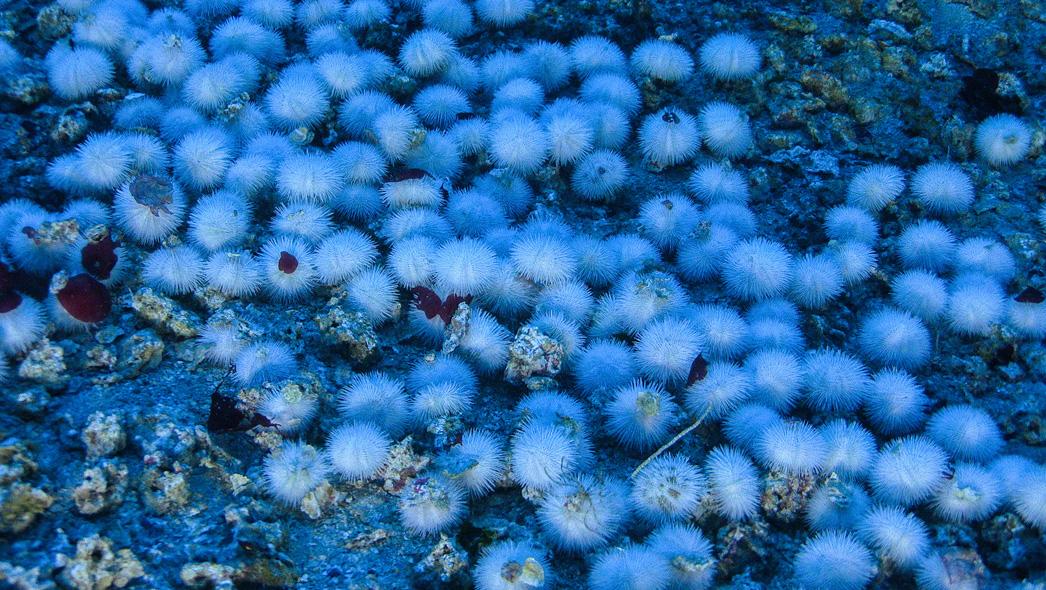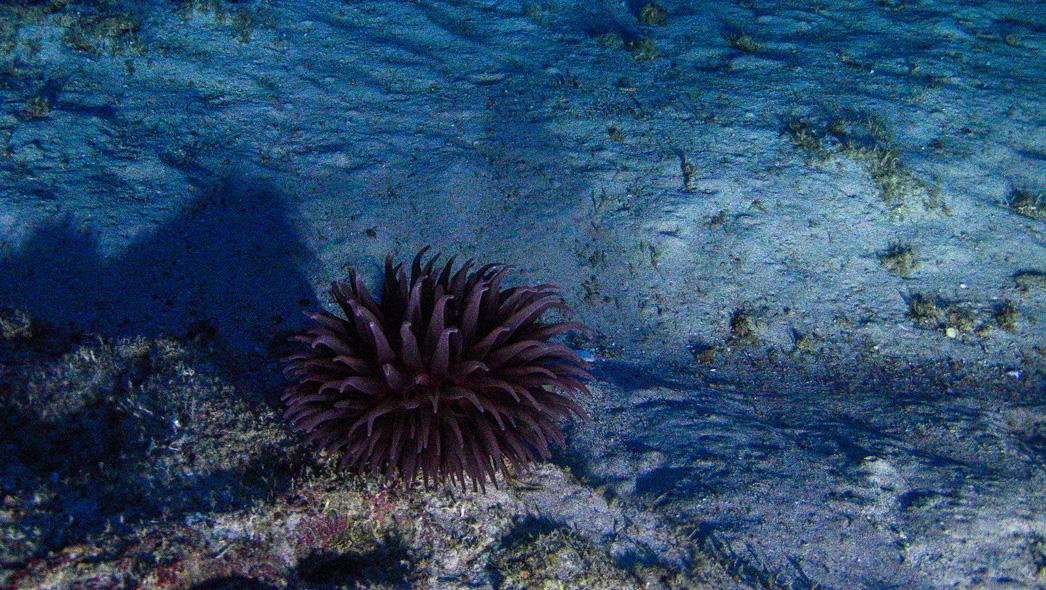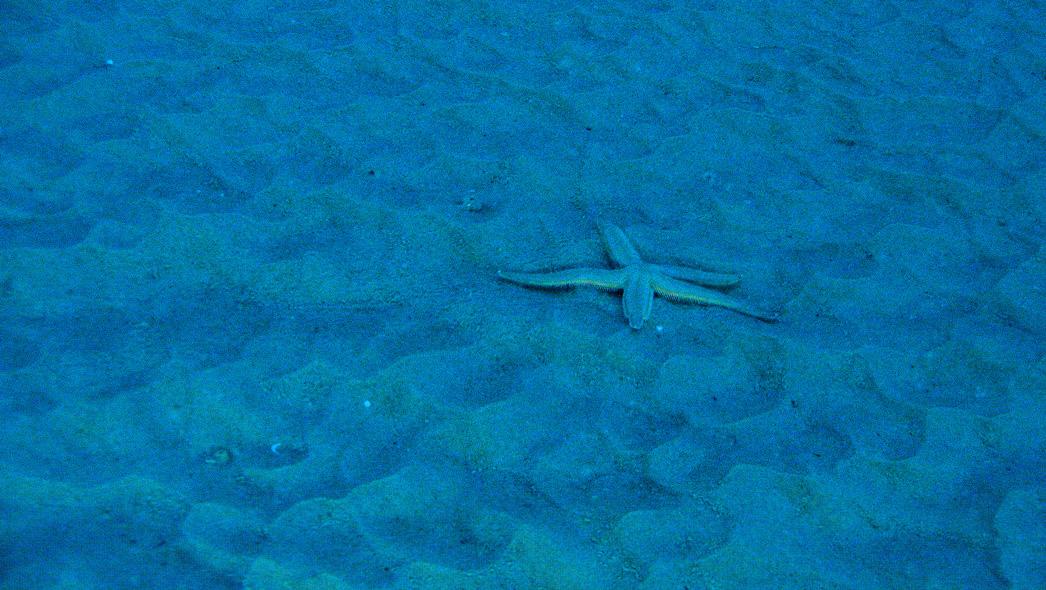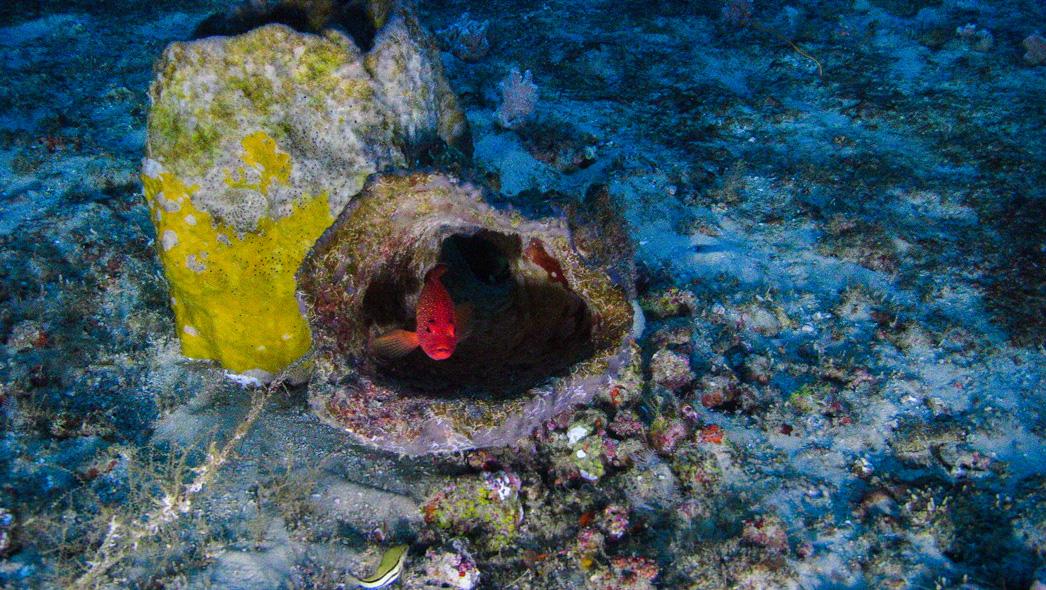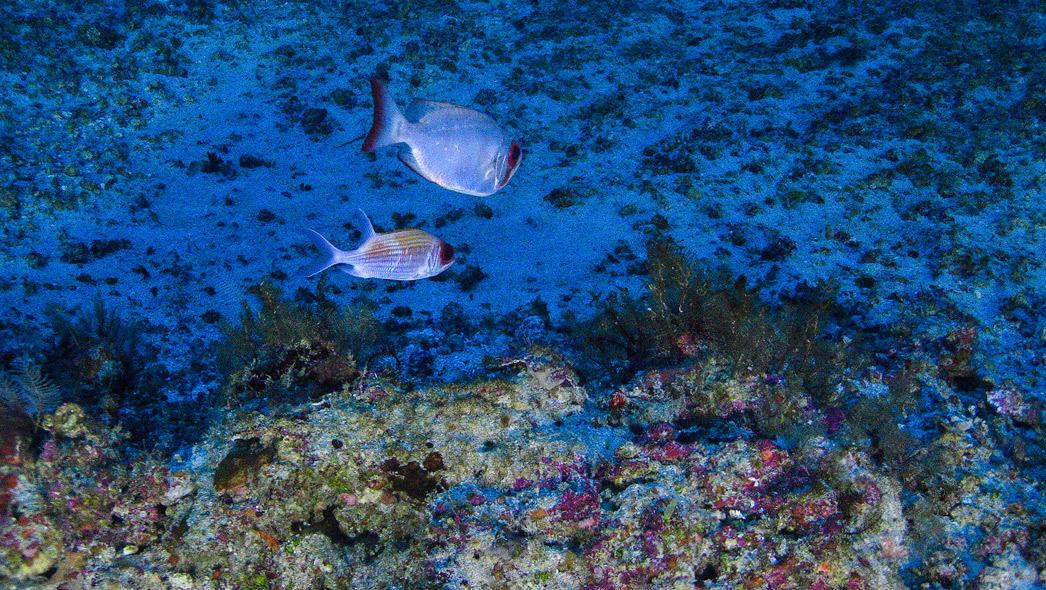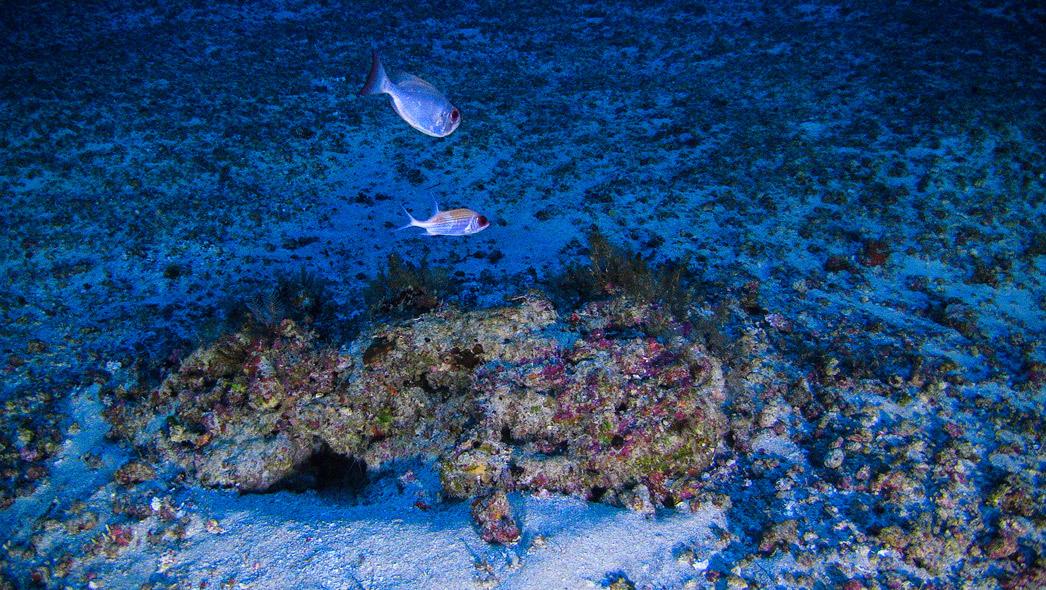In pics: The amazing Amazon Reef and why we must protect it at all cost
While mankind is busy looking for water and life on Mars, many life forms in our very own backyard are being pushed on the verge of extinction. The bleaching of the Great Barrier Reef for the last two consecutive years is a glaring example of this. We are now left to wonder in vain, at the loss of this critical reef and its ecosystem. The recently discovered Amazon Reef may meet a similar fate if we choose to act indifferent.
Nature must have perceived human greed far too well, to have hidden one of its brightest jewels from mankind, in the muddy waters at the mouth of River Amazon, and saved it from being exploited for all these years.
An approximate 9,500 sq km-vast reef system of corals, sponges and rhodoliths, (now popularly known as the Amazon Reef), was found early last year.
Initial research suggests it is home to at least 60 species of sponges, 73 species of fish, spiny lobsters and quite a few new species and the reef doesn’t rely on photosynthesis. A large part, almost 95% of the reef, is yet to be explored.
Is the reef safe?
While we eagerly await the secrets of this new natural marvel to be revealed, oil companies are already on their way to secure profits by drilling oil in the region. Drilling oil in the region will affect not only the fauna, bio-diversity and fishing communities, but also have long-term global implications that would not be limited only to Brazil.
Looking at drilling track records further weakens the case for oil companies, with examples of massive oil spills in the recent past.
All this peril, when we already have more oil reserves guaranteed in the world, than we can burn, if we want to restrict the rise in global temperature below 1.5ºC.
Any deliberate attempt to exploit this bounty of nature will be devastating and we may lose its beauty forever – like we did in the case of the Great Barrier Reef which could not sustain the rising ocean temperature; due to which a large part of this reef now is either lost or on the brink of extinction. Nature has a message there – our oceans are on the boil.
It shouldn’t take us long to comprehend as to what might have gone wrong. Global warming and climate change may have deniers, but that doesn’t imply to its effects. The effects are very evident and can be directly correlated.
Our mad rush for fossil fuels, further adding to the greenhouse effect, has been bearing its implications on our planet and ecology. The reason it should now get us worried is that we have not just lost a beautiful natural marvel but also a crucial element that maintained our planet’s natural equilibrium (since it was a massive natural carbon sink), to global warming.
Global warming in due course is getting amplified by human actions to such an extent that it has become capable of eliminating its very influencers – like in the case of bleaching of reefs, forest fires due to soaring temperatures, melting of polar ice caps etc.
Unless we find traction in this thought, it is all going to be an ‘encore’.
Can we save it?
This brings us to a point where we may need to pause and reflect upon how we can do a course correction.
Unless we accept that we are bearing witness to climate change either locally or globally, there can be no move made, in the direction of mitigating the issue.
The way then, towards change, is to start feeling a sense of ownership towards our planet and our actions, irrespective of where we may be living. The whole notion of where we belong must have a global identity attached and should be no more limited to local, regional or national confinements.
This is going to be highly crucial in building larger-global alliances as well as in widening our cumulative accountability by involving a larger perimeter of stakeholders.
Only then, shall we be able to hold individuals, groups, institutions, corporations and governments accountable for the wrong done to our planet.
A movement of a similar nature has been set in motion – more than 10,00,000 people globally,(including more than 7,000 Indians) have lent their support and voice to save this natural marvel.
It now remains a question of how many more voices would it take for the governments and corporations to realise the need for a paradigm shift towards clean sustainable practices. Only time will tell.
The author is a Communications Campaigner with Greenpeace India




